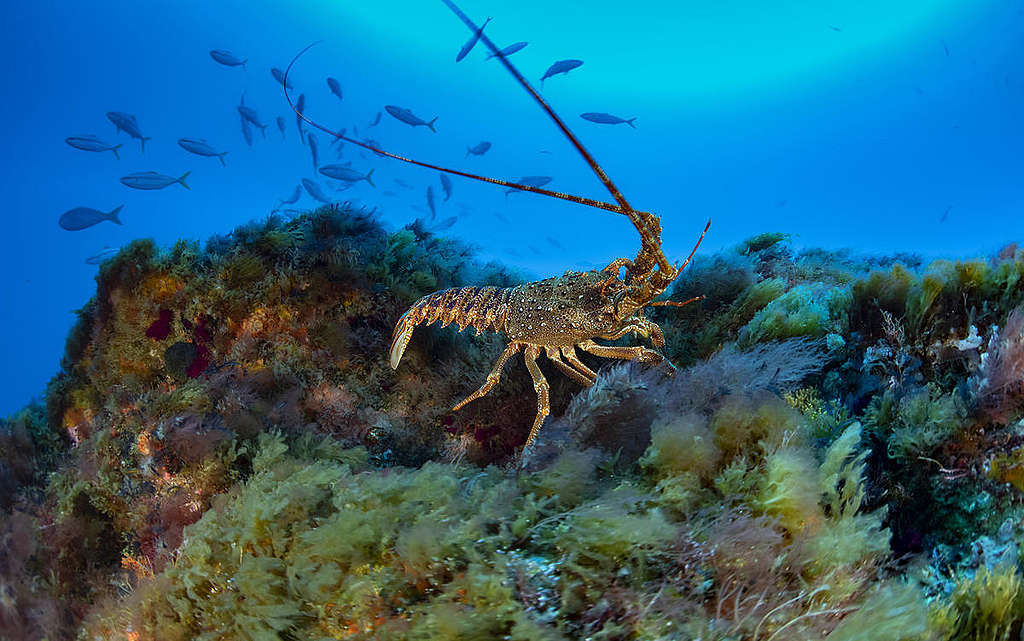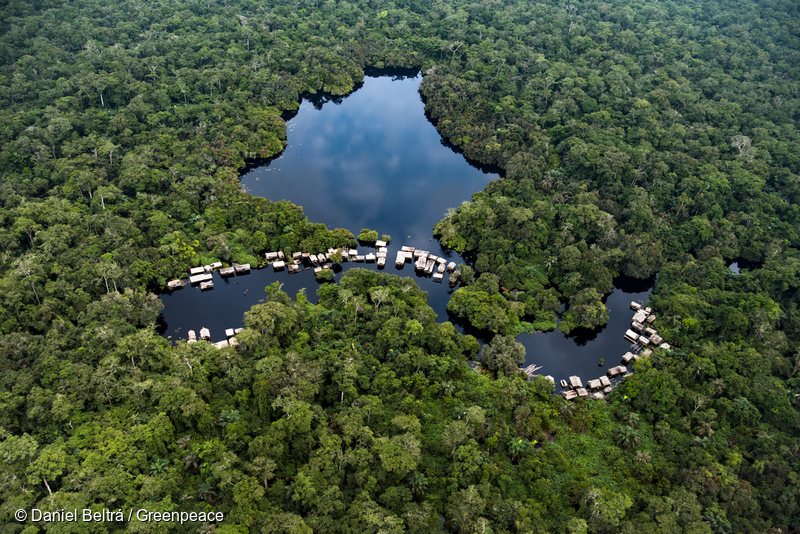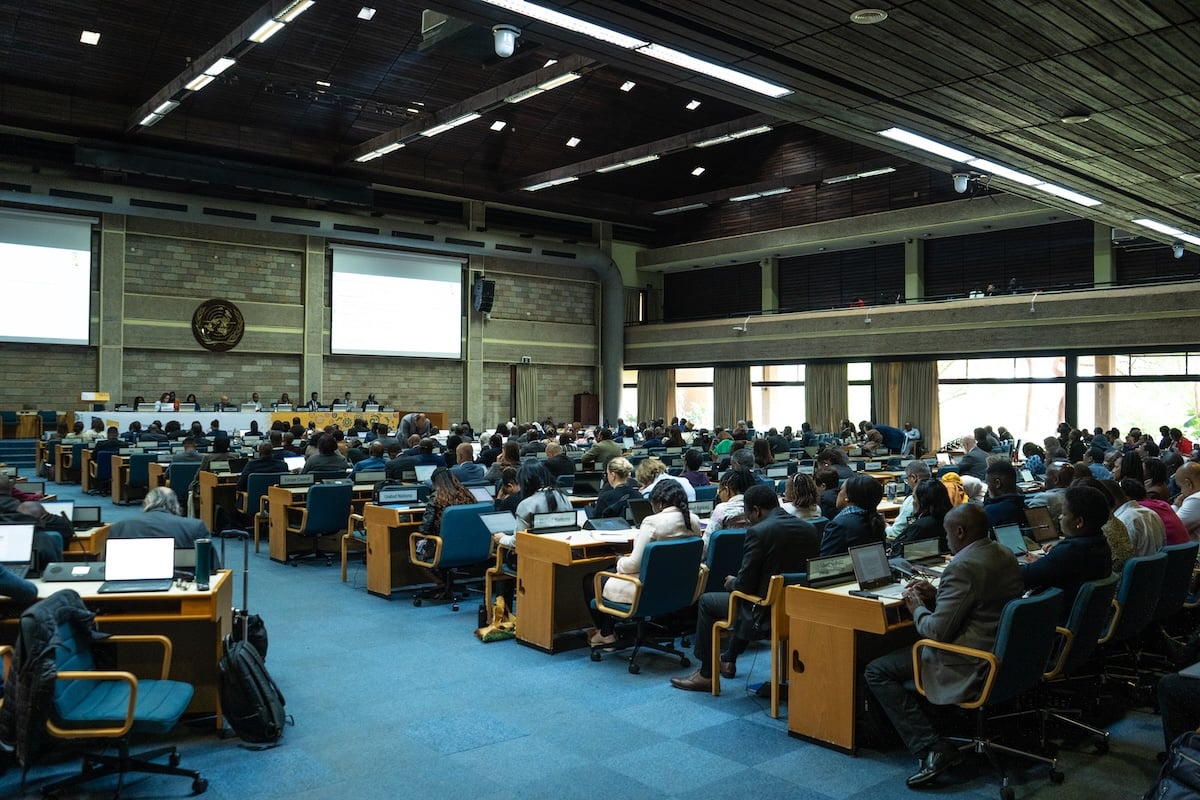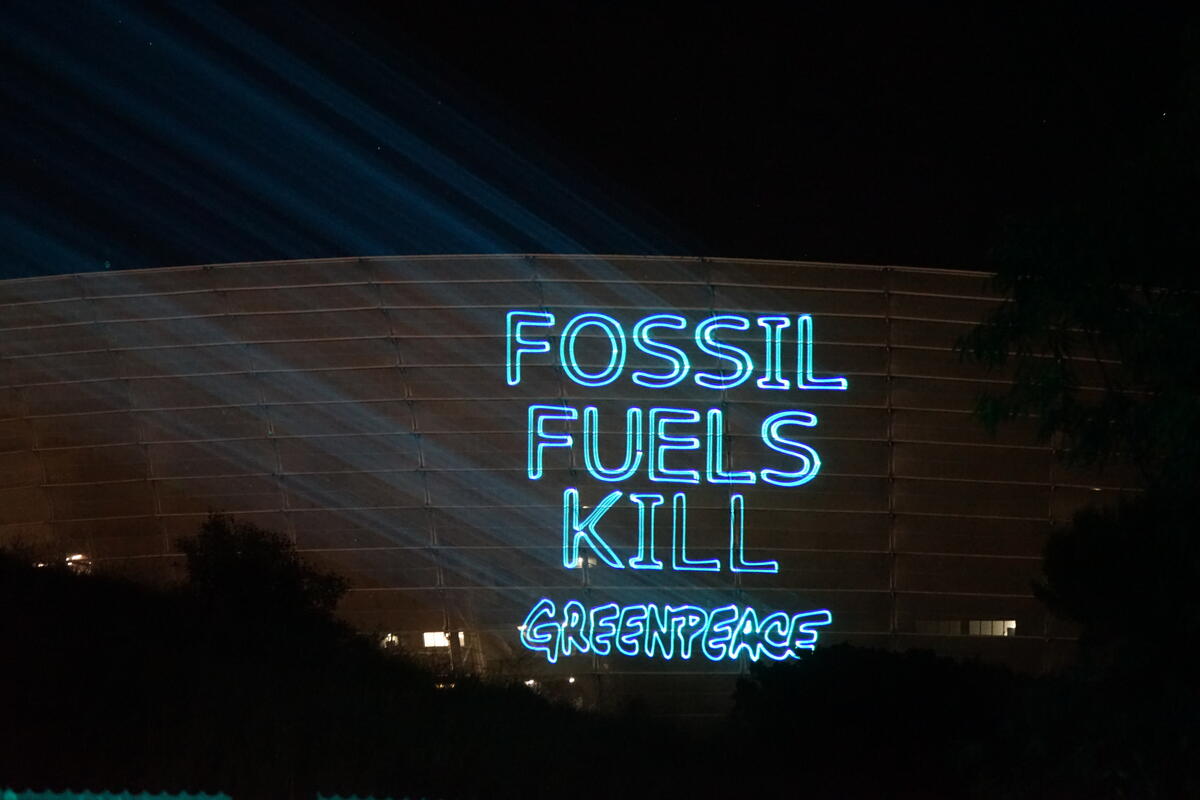Greenpeace Japan 2021-03-16
Translation with permission: Tal Harris from https://www.greenpeace.org/japan/nature/story/2021/03/16/50662/
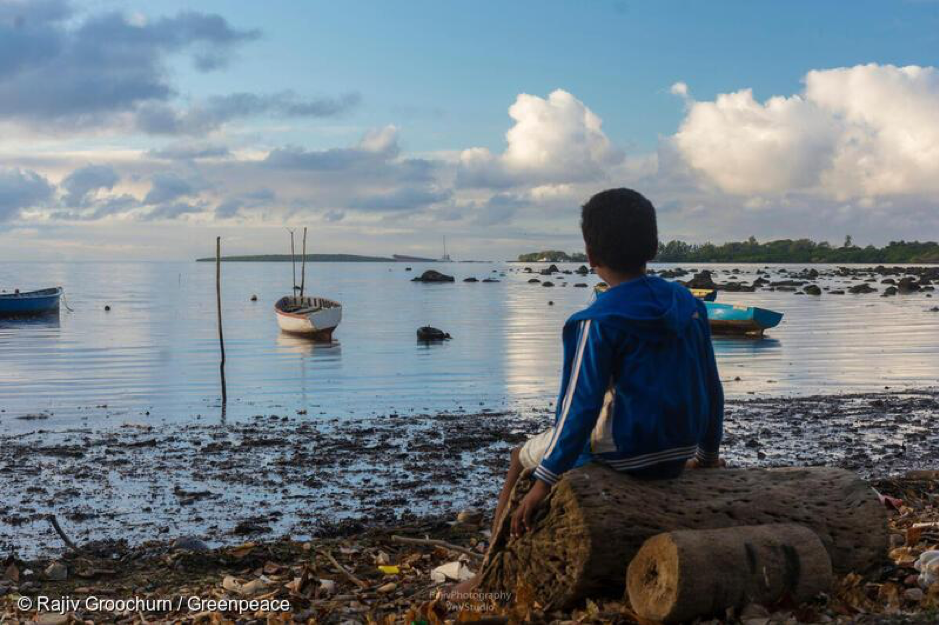
It’s been more than half a year since a cargo ship ran ashore off Mauritius and 1,000 tonnes of fuel spilled into the beautiful waters of a coral reef. The impacts of this fuel oil on ecosystems and people’s livelihoods are expected to last for decades to come.
In response to the damage caused by the accident, Junichiro Ikeda, president at that time of shipping company Mitsui Osk Lines (MOL), who was chartering a cargo ship at the time, said at a press conference in September 2020 that “MOL does recognize its social responsiblitiy and will be at the forefront of the effort, while the legal responsibility lies primarily with the shipowner” he said, adding that the company would contribute a total of around 1 billion yen as a long-term contribution to the environment and local communities in Mauritius[ [1].
Beyond the scope of legal responsibility, the company needs to face its social responsibility towards 10,646 people from Japan and elsewhere who have added their names to the Greenpeace petition [2], immediately after the disaster. The fact that, altogether, hundreds of thousands of people have raised their voices in hopes of restoring the environment of Mauritius and the livelihoods of its local population and preventing recurrence is a major factor.
What is the situation on the ground and what efforts are made now to prevent recurrence?
On January 19, 2021, following the accident, Greenpeace sent a series of questions to MOL concerning its investigation of the event, the local situation, and how it intends to prevent its recurrence. The company responded on February 19. The points we raised and the answers are summarized below. The full text – in Japanese – can be found in the link [3] at the end of this blog.
Accident investigation, impact, decontamination
■ Ecosystem impact: What is the impact of fuel oil pollution on the ecosystem?
MOL’s Response (summary):
Despite the immediate impacts of the oil spill, the Mauritius government made beaches and protected areas accessible again in late 2020 and resumed fishing outside the lagoon. We are working with the Mauritius government about conducting sample surveys in these areas. Disclosure of general information (of the investigation process and results) requires permission from the Mauritius government, making it difficult for us to take such a decision.
Greenpeace Comment:
This was an accident in the waters of Mauritius, loved by many and a treasure trove of rare and fragile ecosystems for all of humanity, so we expect MOL to disclose everything from sampling plans to analysis results.
■ Cost: What is the total cost for environmental and social recovery that is expected to last for a long time, and the range covered by insurance etc.
MOL’s Response (summary):
Many organizations, including our company, are involved in oil spill removal and restoration activities, but the estimated total amount of recovery and insurance amount are outside the scope of our knowledge.
Greenpeace comment:
We could not know the estimated total recovery and insurance amount through this questionnaire. The company is not directly involved in the pollution removal work but is contributing by supporting supplies for on-site work.
■ Concerning the disposal of the vessel that caused the accident: what happened to the monitoring of the surrounding environment after the bow of the stranded cargo ship, the “Wakashio”, was dumped into the ocean last year, and after dismantling has begun locally?
MOL’s Response (summary):
Nagashiki Shipping Co., Ltd., the owner of the ship, and the Mauritius government, which has jurisdiction over territorial waters where the ship (stern/bow) is located, have the right to decide on the processing of the stern and the monitoring of the bow that has been submerged. A WHO research report, “Public Health Risk Assessment Wakashio Oil Spill Mauritius,” (January 2021) has been prepared, in connection with the investigation of the effects of oil exposure on the health of residents.
Greenpeace Comment:
We have confirmed through local media that the WHO research report has been published. We are gathering information on its content.
Traffic in fragile waters
■ Use of routes that cross sensitive seas: what is the position of MOL about avoiding the crossing of vulnerable waters such as those off Mauritius and the Arctic, by internationally recoginising Mauritius’ waters as a Particularly Sensitive Sea Area (PSSA).
MOL’s Response (summary):
It is true that the waters around Mauritius are often the optimal routes for navigating ocean-crossing vessels on the East-West route. However, if they bypass this route, the voyage distance will increase and CO2 emissions will also increase. It cannot be denied that that would have an adverse effect on climate change issues.
Greenpeace Comment:
Humanity is struggling to conserve biodiversity and avoid dangerous climate change. It is hard to prioritise one over the other. In order to avoid vulnerable ecosystems and not increase CO2 emissions at the same time, the shipping sector must get shift away from fossil fuels and commit to zero greenhouse gas emissions. Greenpeace conveyed this in a reply to MOL.

Fossil fuel use and climate change
■ Regarding fossil fuel use and climate change: following the announcement of Japan’s policy of reducing greenhouse gas emissions to zero (carbon neutrality) by 2050, what goals and policies does MOL now have to support these measures.
MOL’s Response (summary):
We have the goals/objectives, to create sustainable net zero-emission vessels that travel across the ocean, to reduce greenhouse gas emissions from vessels by 50% by 2050”, and to achieve net-zero greenhouse gas emissions as soon as possible. In addition, MOL commits to invest more in decarbonization as a leading player in the shipping industry. A roadmap for decarbonization is being developed.
Greenpeace Comment:
In an open letter, Greenpeace has emphasized the importance of shifting ship fuels from fossil fuels to sustainable renewables. It is also the ultimate measure to prevent the recurrence of oil spills. The goal of reducing greenhouse gas emissions from ships by 50% by 2050 is in line with the overall goal of the international shipping industry [4], but Greenpeace says this reduction goal should be accelerated. Already headquartered in the Netherlands, Maersk, a major shipping company, has set a goal of “achieving carbon neutrality by 2050” in 2018. [5]
With more and more countries, municipalities, and companies in Japan setting carbon-neutral goals for 2050, there is an increasing need for the shipping sector to decarbonise. There will need to be carbon neutrality across the supply chain, including shipping and the procurement of raw materials, in order to achieve this target.
We would like MOL to lead the decarbonization of shipping by accelerating the deadline for the net-zero greenhouse gas emission target so that it can “anticipating the needs of our [MOL’s] customers and the challenges of this new era” [6] as stated in its corporate philosophy.
What are a company’s responsibilities?
The accident off the coast of Mauritius continues to put into question the social responsibility of corporations.
“As the expectation for broader and stricter corporate social responsibility is increasing, the burden on the company (MOL, and other companies like it) will increase as well. That is only because the company has the ability to do so. And if its ability is utilized, then that can contribute to further development of the company,” says Naoki Adachi, Sustainable Brand Producer.
References (in Japanese):
[1] Nihon Keizai Shimbun “Mitsui OSK Lines Establishes 1 Billion Yen Fund to Support Mauritius” September 11, 2021
[2] Greenpeace Japan Press Release “Mauritius Oil Spill, 10,646 Signatures submitted, requesting thorough Corporate Responsibility for the Shipping Industry on World Maritime Day” September 24, 2021
[3] Greenpeace question and MOL’s answer
[4] Greenhouse gas reduction strategy adopted by the IMO Marine Environmental Protection Committee in 2018. International shipping sets its own reduction targets, separate from greenhouse gas reductions by country.
[5] Alternative “The world’s largest shipping company will reach carbon zero by 2050” December 7, 2018
[6] From MOL Group’s Corporate Philosophy https://www.mol.co.jp/corporate/principle/index.html
